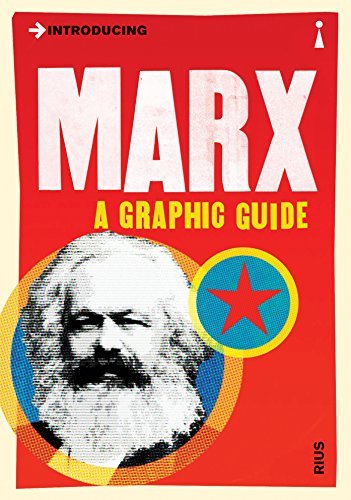What do you think?
Rate this book


Compact INTRODUCING guide to the influential philosopher, sociologist and economist. INTRODUCING MARX - A GRAPHIC GUIDE explores the life of the most famous Socialist figure, from his early years to meeting Engels in1842. It provides a readable, understandable biography of Karl Marx as well as a fundamental account of his original philosophy, its roots in 19th century European ideology, his radical economic and social criticism of capitalism that inspired vast 20th century revolutions.
326 pages, Kindle Edition
First published January 1, 1976


